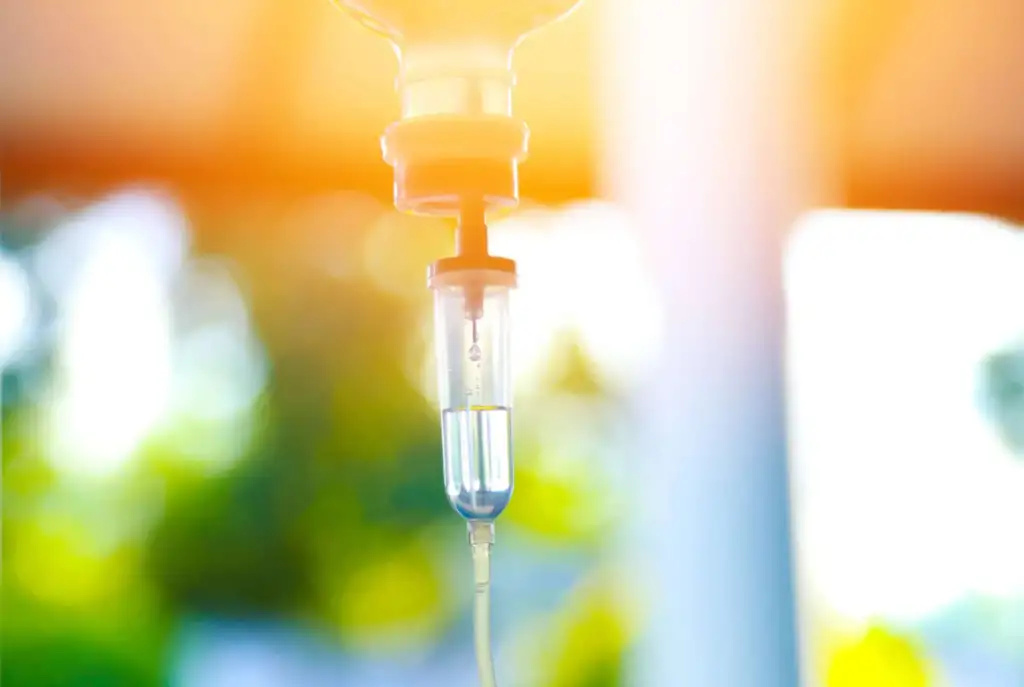STATE OF THE ART THERAPIES GROUPS APPROACH CARE
Your Road To Recovery Begins Here
Make Seaquell House Your Home Away From Home
Medication Assisted Treatment
Medication-Assisted Treatment (MAT) offers a multifaceted approach to addressing substance use disorders, combining the use of medications with counseling and behavioral therapies. One of its primary benefits is that it helps stabilize brain chemistry, reducing cravings and withdrawal symptoms, which can significantly enhance a person's ability to focus on recovery. By mitigating these physical symptoms, MAT can make the path to sobriety more manageable and less daunting, ultimately increasing the likelihood of long-term success. Additionally, MAT supports patients in reintegrating into daily life and improving their overall quality of life, as it often leads to better engagement in work, family, and social activities.The holistic approach of MAT not only addresses the biological aspects of addiction but also fosters emotional and psychological healing, making it a comprehensive and effective treatment option.

Seaquell House Approach to M.A.T
In Medication-Assisted Treatment (MAT), several medications are used to support recovery from substance use disorders, each serving distinct purposes tailored to individual needs. For opioid use disorder, medications such as Buprenorphine work by reducing cravings and withdrawal symptoms. Buprenorphine partially activating these receptors to ease withdrawal while limiting euphoria. Naltrexone, another option, blocks opioid receptors to prevent the effects of opioid use, thus reducing the risk of relapse. For alcohol use disorder, medications like Ativan, ease withdrawal symptoms and reduces alcohol cravings.
Each of these medications is used in conjunction with counseling and therapy to provide a comprehensive approach to recovery, addressing both the physiological and psychological aspects of addiction.
Vivitrol
Vivitrol, an extended-release form of naltrexone, offers significant benefits in the treatment of opioid and alcohol use disorders. As an opioid antagonist, Vivitrol blocks opioid receptors in the brain, effectively preventing the effects of opioids and reducing cravings for both opioids and alcohol. One of its key advantages is its once-monthly injection schedule, which enhances patient adherence by eliminating the need for daily dosing and providing consistent medication levels. This long-acting formulation helps to stabilize brain chemistry and supports sustained recovery, making it easier for individuals to focus on therapy and rebuilding their lives. Additionally, because Vivitrol does not produce physical dependence or a euphoric high, it carries a lower risk of misuse compared to other medications. By integrating Vivitrol into a comprehensive treatment plan, patients can benefit from both its pharmacological effects and the psychological support necessary for long-term sobriety.
Ativan
Ativan, a brand name for lorazepam, is commonly used in drug detoxification programs due to its effectiveness in managing acute withdrawal symptoms and reducing anxiety. As a benzodiazepine, Ativan helps to stabilize the central nervous system by enhancing the effects of a neurotransmitter called gamma-aminobutyric acid (GABA), which has a calming effect on the brain. This can be particularly beneficial during the detox process from substances like alcohol or certain drugs, where withdrawal symptoms can be severe and potentially dangerous. By alleviating these symptoms, Ativan can make the detox process more manageable and comfortable, helping individuals to maintain focus on their recovery efforts. Additionally, its relatively short-acting nature allows for precise control over dosage, reducing the risk of dependency issues that can arise with longer-acting benzodiazepines. However, it's crucial for Ativan to be used under strict medical supervision to avoid potential misuse and to ensure that it complements a comprehensive treatment plan.
Suboxone
Suboxone, a medication that combines buprenorphine and naloxone, is commonly used in the treatment of opioid use disorder. It works by alleviating withdrawal symptoms and cravings, allowing individuals to stabilize and engage in recovery without the euphoric effects associated with opioids. Buprenorphine is a partial opioid agonist, meaning it activates the same receptors in the brain as other opioids but to a much lesser degree, reducing the risk of misuse. Naloxone, an opioid antagonist, helps prevent the potential for abuse by blocking the effects of opioids if Suboxone is misused. When used as part of a comprehensive treatment plan, including counseling and support, Suboxone can be an effective tool in helping individuals reclaim their lives from addiction.
what makes us different
Residential Addiction Treatment
Behavioral Therapy:
Ongoing cognitive behavioral therapy helps patients learn to cope with cravings and any other lingering issues associated with their addiction.
Family Therapy:
In some instances, patients may benefit from working through addiction with the inclusion of family. This therapy aims to improve relationships and work through situational problems to ensure a successful recovery.
Medical Treatment:
Medications are available to reduce the unpleasant symptoms of drug and alcohol detox as well as prevent cravings. These may be oral or injected medications.
Group Therapy:
Patients work together with others in treatment to establish a strong supportive foundation for recovery.
Holistic Treatments:
These focus on restoring the mind, body and spirit through yoga, meditation, and natural remedies.
Nutritional Therapy:
Due to the detrimental effects drugs and alcohol have on the body, nutrition is key to rebuilding health.
Most insurance accepted
We have you
Covered
We will reach out to you
Don't hesitate to become part of the Seaquell House Family
Visit us
8401 S Palm Dr.
Pembroke Pines, Florida 33025
Email Us
754-778-5902
Follow us
